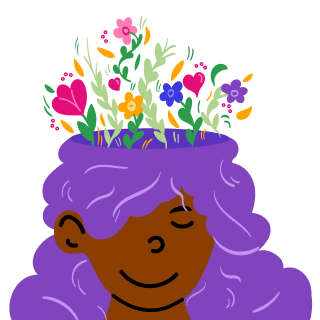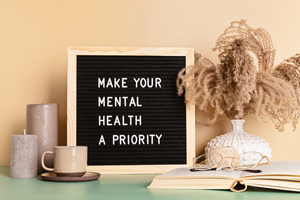About
My availability for my patients is 7/7, and some days after hours till 9 PM. I offer more scheduling flexibility for working people. I am board-certified by the American Nurses Credentialing Center (ANCC) as a Psychiatric Mental Health Nurse Practitioner (PMHNP). In addition, the Texas, Florida, Washington, Arizona, California, Connecticut, Colorado, Nevada, Oregon, Montana, New Mexico, Virginia, Ohio, Iowa, and Idaho Board of Nursing also recognizes me as an Advanced Practice Registered Nurse. I specialize in adults, elders (65+), and veterans, with extensive experience in bedside patient care and clinical practice.
My skills and daily tasks are to perform a complete psychiatric or addiction evaluation. I manage various psychiatric conditions (depression, anxiety, bipolar disorder, ADHD, PTSD, OCD, eating disorders, mood disorders, psychotic disorders, schizophrenia) and addiction (opioids and alcohol use disorders) with medication management in addiction medicine and psychiatry. I stabilize patterns of chronic relapse and lower the risk of relapse on opioid or alcohol overdose with the medication-assisted treatment protocol. I earned an MPH at the University of Paris (FRANCE), then a BSN from the University of Texas Arlington (USA), and an MSN from Walden University (USA).
Mental health problems can affect your sleep, thoughts, processing information, perceiving events or other people, handling stress, making decisions, and interacting with your friends and loved ones. Your feelings are valid, so please do not feel shame or compare your struggle with anyone else's. Book your appointment today.
Address
602 Strada Circle suite 119, Mansfield, TX, 76063















